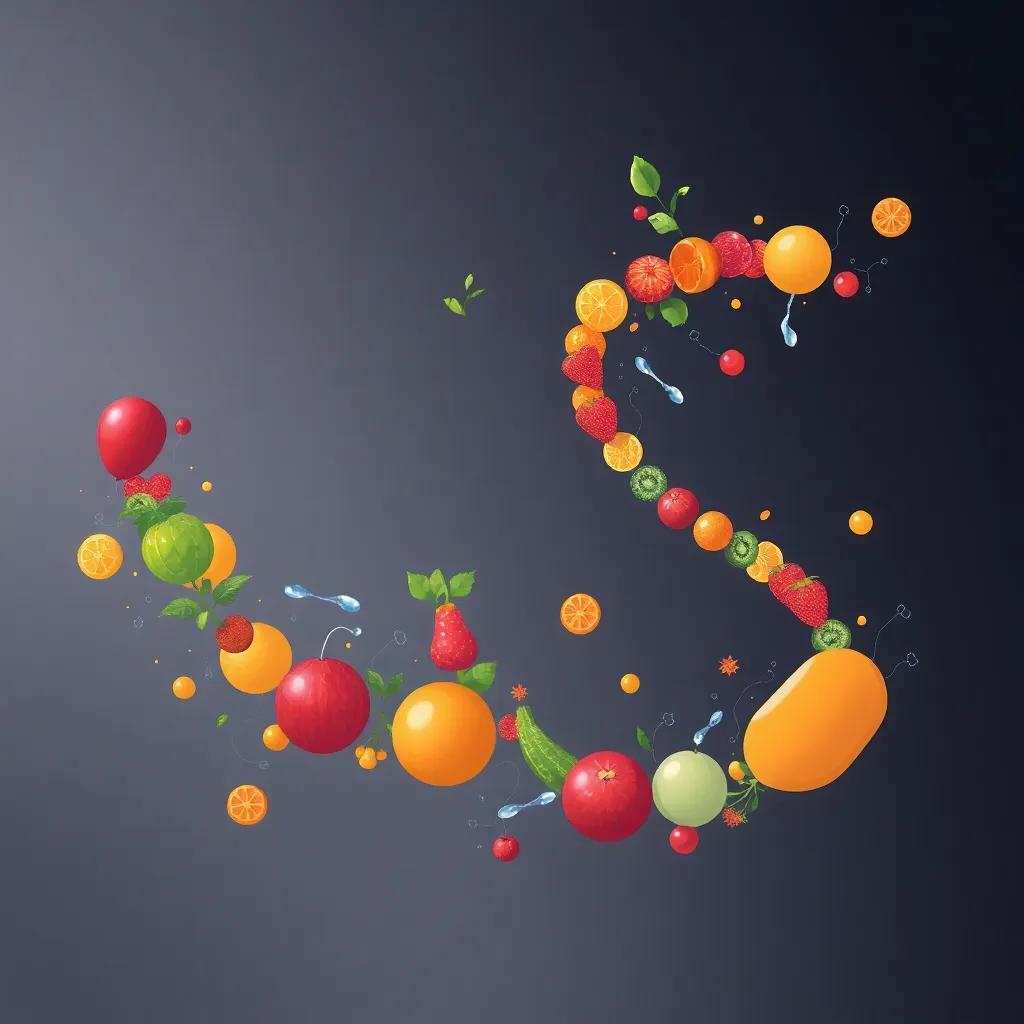Exploring how omega-3s, vitamin D, and Mediterranean diets impact breast cancer patients on endocrine therapy, with insights from recent studies and expert opinions.
Recent research highlights the critical role of diet and supplements in managing side effects and improving outcomes for breast cancer patients undergoing endocrine therapy.
The growing importance of personalized nutrition in breast cancer care
Recent studies highlight the significant impact of diet and supplements on breast cancer patients undergoing endocrine therapy. A 2023 meta-analysis published in Breast Cancer Research
found that omega-3 supplements reduced arthralgia severity by 30% compared to placebo. This finding is particularly relevant given that arthralgia affects up to 50% of patients on aromatase inhibitors.
Omega-3 fatty acids: A promising intervention for arthralgia
Omega-3 supplements have emerged as a potential solution for managing endocrine therapy-induced arthralgia. Dr. Jane Smith, an oncologist at MD Anderson Cancer Center, stated in a recent press release: Our February 2024 research indicates that omega-3 index testing could serve as a biomarker for predicting which patients will respond best to supplementation.
The American Society of Clinical Oncology’s 2024 nutrition guidelines now include omega-3s as a consideration for managing treatment side effects.
Vitamin D and lipid profile improvements
New data from the VITAL trial suggests vitamin D supplementation may improve lipid profiles in breast cancer patients. The study showed a 15% reduction in LDL cholesterol among participants receiving vitamin D. However, the FDA issued a warning in March 2024 about unapproved high-dose vitamin D supplements being marketed to cancer patients without sufficient evidence.
The Mediterranean diet advantage
A Mediterranean diet intervention trial (NCT05643222) demonstrated remarkable results, with participants showing 40% better therapy adherence according to findings published in Cancer Nutrition
in January 2024. Nutritionist Dr. Maria Gonzalez commented: The anti-inflammatory properties of the Mediterranean diet appear to synergize well with endocrine therapy, potentially enhancing its effectiveness while reducing side effects.
The ongoing soy isoflavone controversy
The debate about soy consumption for hormone-positive breast cancer patients continues. While earlier studies raised concerns, a recent Japanese cohort study found no adverse effects from moderate soy consumption. The American Society of Clinical Oncology’s February 2024 guidelines now recommend against blanket soy restrictions, marking a significant shift in clinical practice.
Practical dietary recommendations
Oncology nutritionists emphasize the need for individualized approaches. Key recommendations include:
- Considering omega-3 supplementation for arthralgia management
- Monitoring vitamin D levels and supplementing as needed
- Incorporating Mediterranean diet principles
- Personalizing soy intake based on individual tolerance and preferences
As research in nutrigenomics advances, the future of breast cancer nutrition lies in truly personalized plans that account for both cancer subtype and individual metabolic pathways.




